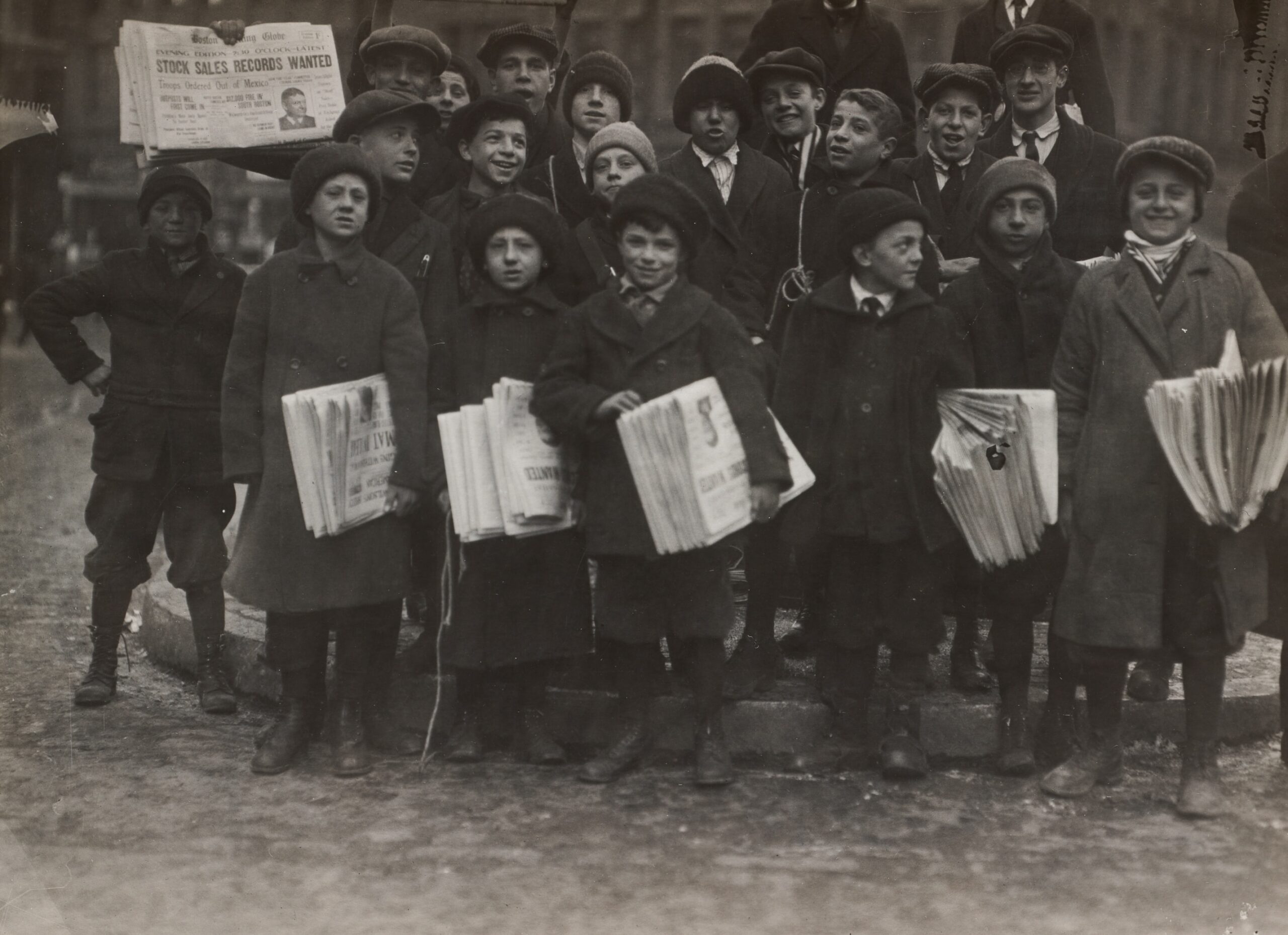The significance of remembering history, especially that which applies to our country, our roots, our communities, cannot be understated. Not only does it put one in touch with his or her heritage, but it also insulates us from lies, deception, and rapid fundamental changes that might not actually be in our best interest.
In a world increasingly led by “you do you,” it’s remarkably easy to take a passive approach to such apathy among the general population, and even more so to fear speaking against it out of fear of being labeled a “gatekeeper” or control freak.
The reality is: most people do want to be left alone, and most deserve to be left alone. And apart from occasional property spars that result in over-the-white-picket-fence bickering, only to be held in court for months on end, most people are generally easygoing and can accept that the world is not here to cater to them.
However, there are the rare few whose actions and ideas do warrant outside intervention. Ideas that, while possibly rooted in altruism and good virtue, are divisive at worst and humbly misguided at best. The spectrum remains wide for these ideas, but there is a limit to which one can be accosted into passively accepting the changes around them.
A world in which history is not only forgotten passively by an increasingly busy and superficial world, but actively forgotten in the schools and institutions is not a facet of our world one can just passively accept. A fundamental overhaul of our basic rights is not something that is confined to someone’s living room. It might start there, and for most people, it might end there.
But insisting that that which does not immediately concern someone of another interest is a hallmark of a free and forward-moving society is destructive at worst and naïve at best.
The United States is built on individualism, and there is truly nothing more realistic than fending for yourself and holding yourself accountable for your shortcomings. But there are those times when the collective must be considered when new ideas are pushed, and the collective must also be punished when appropriately culpable. There is a fine line between individualism and collectivism, one that keeps the extremes of both sides at bay and intrinsic libertarianism in check.
In short, history is completely yours to forget. If you insist that your children, family, friends, neighbors, coworkers, church family, etc. should walk away from history and disregard the challenges we have overcome to get here, you are more than welcome to make that bed and take a big, long nap in it.
But taking object to those who actively, in their own spheres, work to preserve our ideals and values is the most intolerant form of toleration imaginable.
While we can certainly be proud to live in this country, there is no “my America” or “your America.” It is, at the end of the day, our America, and one whose history – good and bad – must be documented and remembered if we ever want to relive the days when having a minor disagreement with a neighbor on the other side of the white picket fence was our greatest concern.








